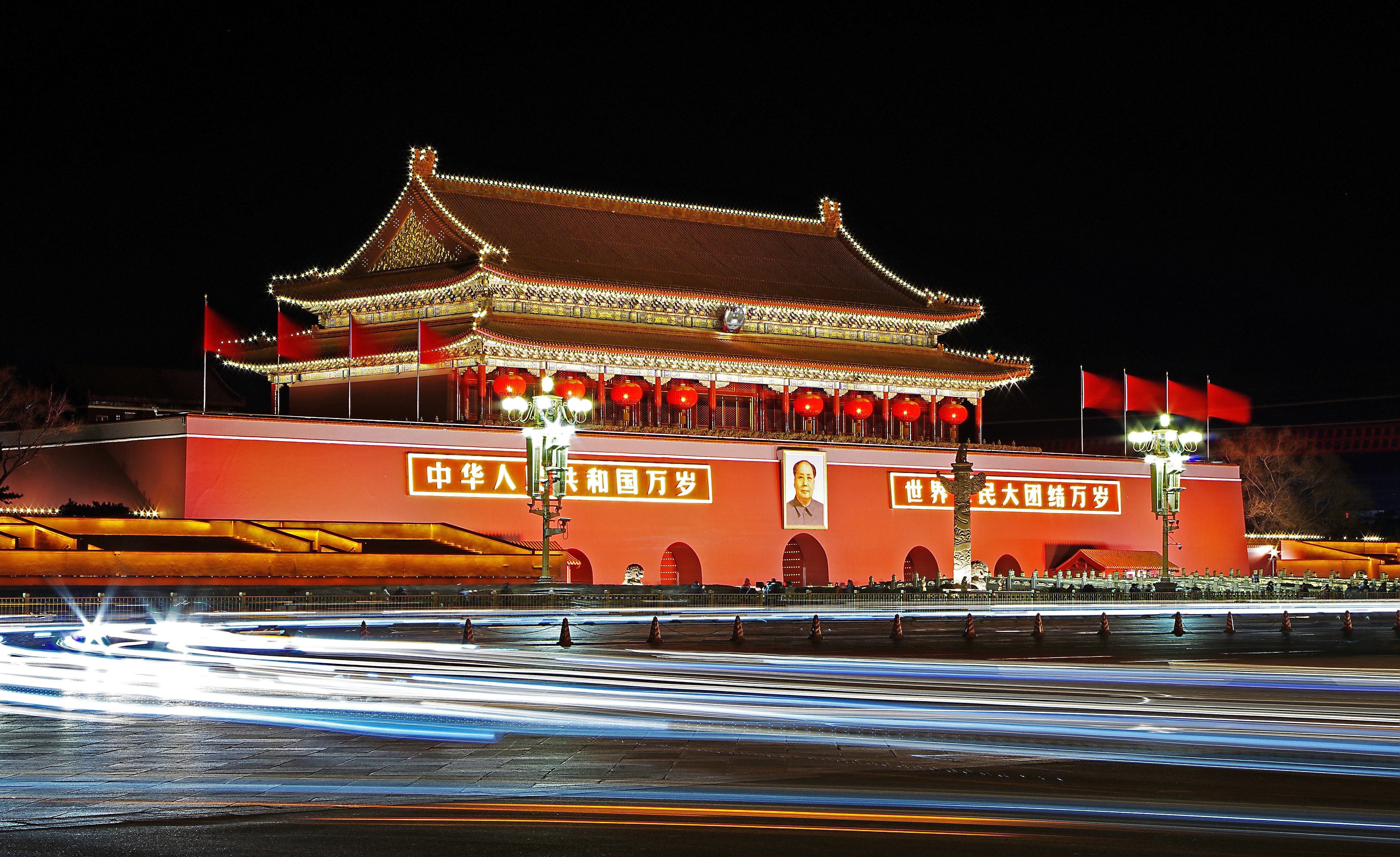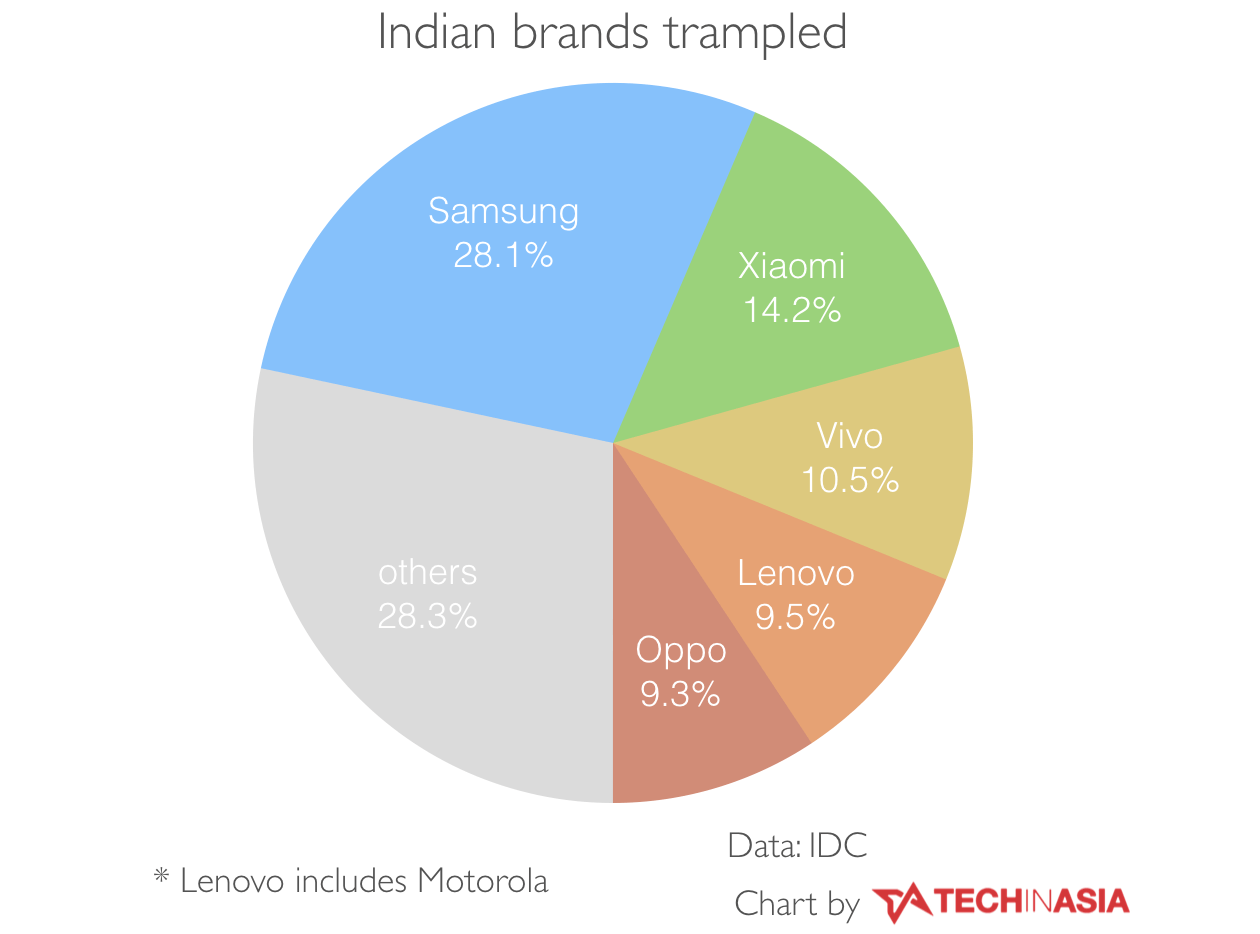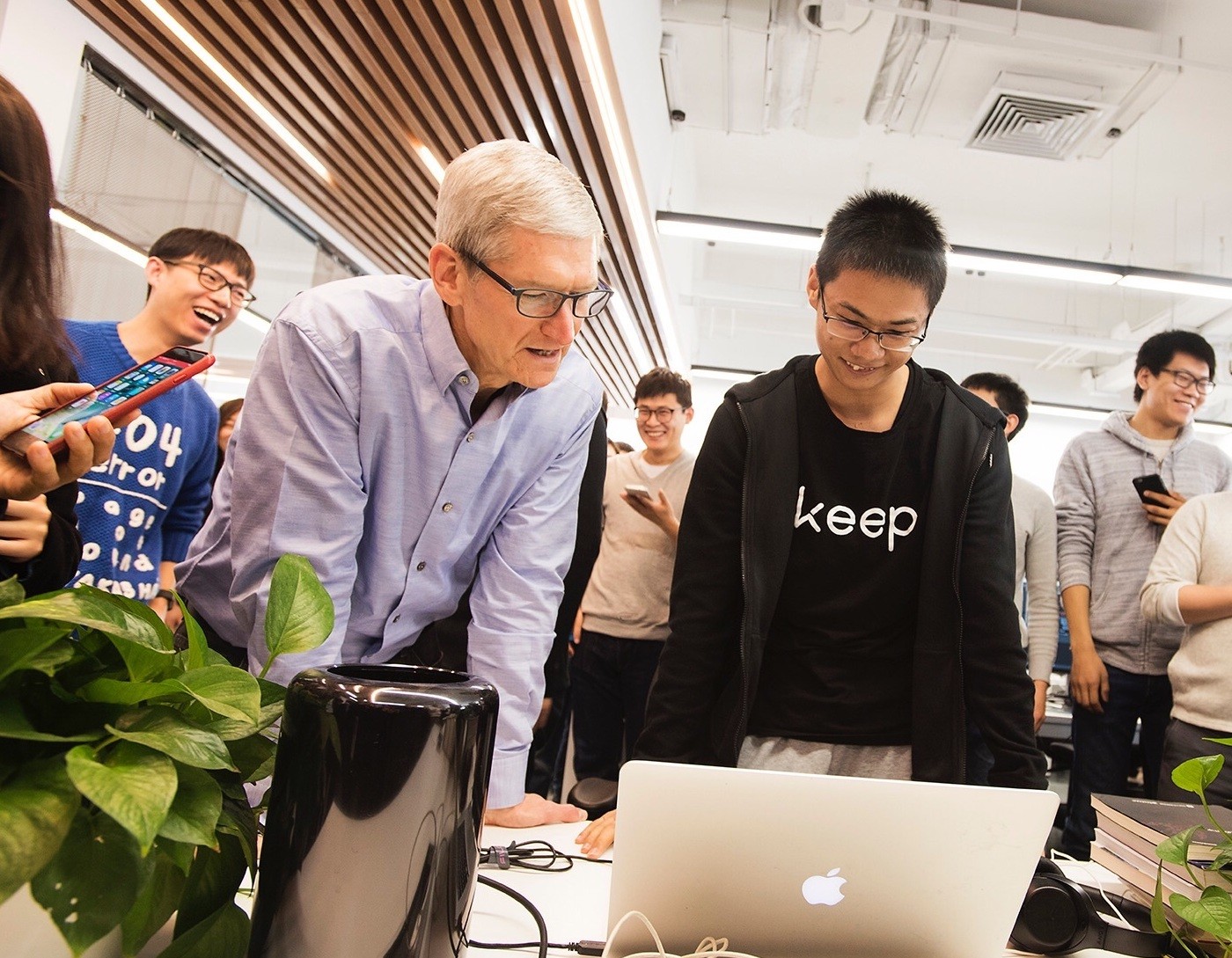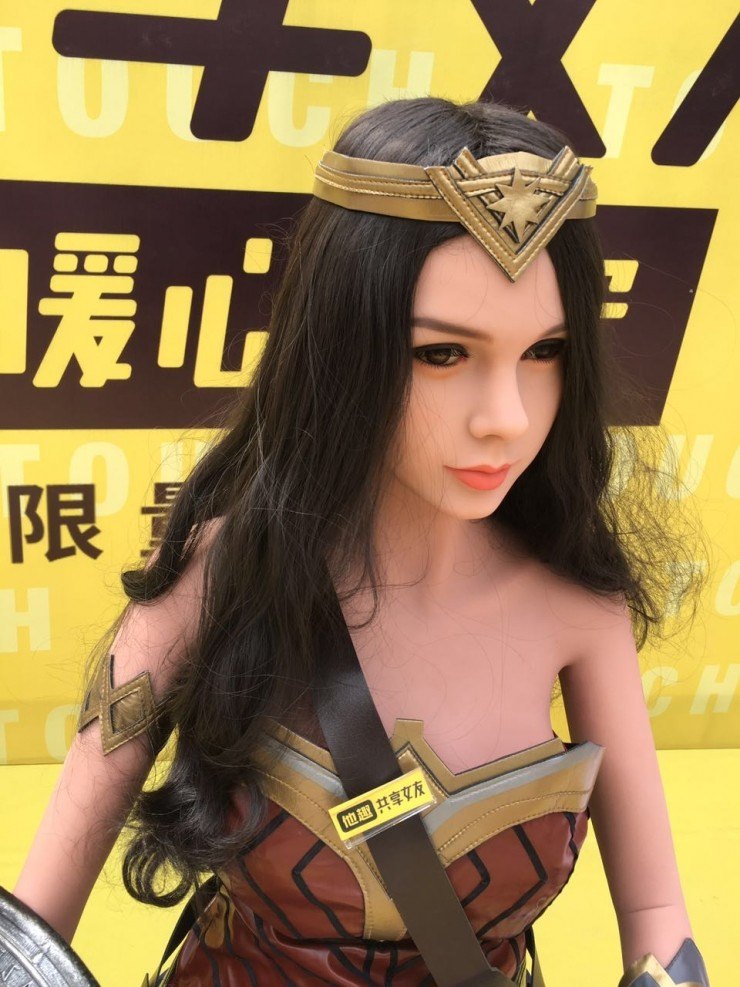
Photo credit: wu yi / Unsplash.
China’s tech world marked another eventful year into the history books in 2017. Here are 12 of the biggest tech stories (in no particular order):
1. Wannabe Tesla crashes and burns
Once a billionaire at the helm of a sprawling tech empire, LeEco founder Jia Yueting found himself scrambling to sell assets and raise funds earlier this year. In just six years, Jia burned through more than US$7 billion.
Today, the tech magnate’s two electric car businesses – Faraday Future and LeSee, once positioned as Tesla rivals – are struggling to get financing and laying off staff.
“The philosophy of LeEco is either to be great or to die, but never to be mediocre,” said Jia in an interview with Chinese media after slashing his salary to US$0.15.
LeEco, which started as Le.com in 2004, made its fortune as an early mover in the video streaming market. And then it moved into cheap hardware, such as smart TVs, that were subsidized by paid software subscriptions.

A LeSee sedan.
2. ICOs banned
After a spring and summer of wild valuations and rapidly raised capital, the Chinese government put the brakes on “initial coin offerings” or ICOs – a new way to crowdfund projects using cryptocurrency – in September.
The ban forced many Chinese blockchain startups to refund backers of their ICOs. Others moved overseas and registered new entities in countries like Singapore, where token crowdsales aren’t illegal yet.
Not long after China’s ban on ICOs, OkCoin, Huobi, BTC China, and other major cryptocurrency exchanges in the country halted their trading business. However, the global ICO and crypto-trading industry hasn’t slowed down. While China’s cryptocoin trade volume has dropped, exchanges in Japan and elsewhere have picked up the slack.
3. Chinese phones dominate India
That Chinese smartphone makers have been eyeing India’s large and fast-growing group of smartphone users is not new. In 2015, Xiaomi opened its first manufacturing unit in India.
But this year is when their efforts have really paid off. For the first time ever, more than half of smartphone shipments in India came from Chinese companies: Xiaomi, Oppo, Vivo, and Lenovo.

India is becoming an increasingly important market for Xiaomi, which has seen its market share in China decrease amid competition from Huawei and upstarts Oppo and Vivo. In turn, homegrown Indian brands are surrendering more and more market share to their Chinese counterparts.
At the beginning of 2016, Indian companies made up 40 percent of the country’s smartphone market. By early 2017, their share dropped to 13.5 percent.
4. IPO boom
Chinese companies have been on a roll with IPOs this year, raising 406 percent more funds in the first of half 2017 than the same period last year.
In October, Hong Kong saw one of the largest public listings of the year with China Literature, Tencent’s ebook division, which hit a market cap of US$6.4 billion on its first day of trading.
Fintech startup Qudian also did well for itself, raising US$900 million when it listed in the US. But its share price has since dropped drastically amid controversy over the firm’s cash loan services.
The trend is expected to continue next year, with several potential blockbuster IPOs in the pipeline, including daily deals unicorn Meituan-Dianping and online lender Dianrong.
5. Bikes go global

Mobike in Australia. Photo credit: Mobike
After a year of rapid growth in China, bike rental archrivals Mobike and Ofo have hit the ground running in 2017 with overseas expansion.
In March, Mobike made its first foray abroad by launching in Singapore. In June, the startup raised an additional US$600 million from Tencent and other investors to boost global expansion. A month later, Ofo got US$700 million from a round led by Alibaba.
To date, both companies have bikes in more than 150 cities around the world, including China.
6. Bike-sharing collapses
Meanwhile, other bike-rental startups in China have fared poorly. Once valued at US$140 million, Bluegogo fell into financial crisis in November, leaving staff unpaid and users unable to withdraw their deposits.
Users in China paid a deposit of about US$15 while US users had to put in US$99.
“From the very start of Bluegogo, we have always been on thin ice in the face of two well-funded players,” CEO Li Gang wrote in an open letter, hinting at Mobike and Ofo.
“Without support from a wide range of investors and good financial planning capabilities, even the best bike product is powerless,” he added.
The company has since handed off its operations to Biker, a bike-rental startup based in Sichuan province. Users will be able to continue riding Bluegogo bikes, though it’s not clear how the company will come up with the money to refund deposits or pay its staff’s wages.
7. Data clampdown
One of the largest shakeups for multinational companies in China came this summer, after the country’s new cybersecurity law went into effect.
Specifically, it requires foreign companies to store data on Chinese citizens – or those related to national security – on domestic servers. Many foreign companies have responded negatively, worried that the new law will increase their operational costs and give Chinese companies an unfair advantage.
In September, domestic tech giants felt the wrath of government regulators. Tencent, Baidu, and Weibo were slapped with maximum penalties under the new cybersecurity law for failing to adequately police content – a rising priority for the Chinese government. The fine, which amounted to about US$75,500, came as a result of a state-level investigation into the three tech companies.
8. Apple submits to Beijing

Tim Cook on a visit to China. Photo credit: Tim Cook.
It’s been another lukewarm year for Apple in China. Gone are the days where fans would camp out in front of stores – or even sell their kidney – for the latest Apple product. As the US tech company faces increasing domestic competition, interest from one of its most important smartphone markets is dwindling.
This has put the US tech firm at a disadvantage when parlaying with government regulators. This year, Apple quietly took down virtual private network (VPN) apps – which offer a way to circumvent China’s online censorship mechanism known as the Great Firewall – from its Chinese app store.
At an event held in southern China this week, CEO Tim Cook defended the company’s decision to remove hundreds of apps at the behest of the Chinese government.
“Your choice is: Do you participate? Or do you stand on the sideline and yell at how things should be?” asked Cook at the event. “My own view […] is, you show up and you participate. You get in the arena, because nothing ever changes from the sideline.”
9. WeChat faces off with Apple (and wins)
While Apple capitulated to Chinese regulators, it locked horns with another giant: Tencent’s WeChat, China’s most popular social app.
In April, Tencent removed WeChat’s tipping feature for iPhone owners, which lets bloggers and other media personalities monetize their work. In Tencent’s announcement, Apple was named as the culprit. The US tech giant has a policy that forces all iOS apps to use Apple’s payment system, allowing it to take a 30 percent cut.
By September, however, Apple revised its policies to allow user-to-user tipping – probably because of all the criticism it stirred up in one of its biggest markets.
This year, WeChat has encroached on Apple’s turf in other ways. In January, the app launched mini programs, or embedded apps that users can access without downloading them. Like smartphone apps, their utility runs the gamut: bike rentals, ride hailing, online shopping, event booking, and more. Who needs an app store when you have WeChat?
10. Sharing gets sexy
Along with bike rentals, a whole host of micro-rental businesses have cropped up in China this year. One of the most controversial models was sex-doll sharing – the dolls’ lower parts were changed for every customer.
Authorities shut down the app a few days after its launch.

Photo credit: Leiphone.
Apart from sex dolls, many ordinary items gained a new life as ‘shared’ objects: umbrellas, basketballs, power banks.
The sharing economy frenzy in China has also boosted the use of credit to moderate user behavior. Sesame Credit, Ant Financial’s proprietary credit system, waives deposits for users above a certain credit threshold in various services, such as bike rentals.
11. Alibaba plunges billions into offline retail
One of the biggest buzzwords in China’s tech sector this year is “new retail,” or the idea of integrating online and offline data and services to drive sales.
No company has trumpeted it as loudly as Alibaba has. This year, the ecommerce giant launched its own grocery store concept called Hema, which lets consumers interact with and pay for store items through their smartphone. Each store also serves as a fulfillment center, focusing on local deliveries within a three-kilometer radius.
In November, the tech firm also sunk a whopping US$2.9 billion in Hong Kong-listed Sun Art Retail Group. That’s more than what Alibaba spent on product development in its 2017 financial year.

One of the biggest attractions of Hema has nothing to do with tech – fresh seafood. Photo credit: Tech in Asia.
12. Tech giants shower Southeast Asia with money
Alibaba has accelerated expansion into Southeast Asia this year. In 2016, the tech giant spent US$1 billion on a controlling stake in Lazada, one of the major ecommerce players in Southeast Asia.
This year, the Chinese ecommerce juggernaut poured in another US$1.1 billion into the same sector, purchasing a minor stake in Indonesian online marketplace Tokopedia. With Tokopedia and Lazada under its belt, Alibaba has essentially cornered the Indonesian ecommerce market.
But Alibaba’s competitors haven’t been sitting idle either. This year, domestic archrival JD set up a US$500 million joint venture with Thai retail behemoth Central Group.
Tencent, which owns a minor stake in JD, has also been active in Thailand. In January, the tech giant tied up with Ookbee to create a joint venture focusing on digital content.
Currency converted from Chinese yuan. Rate: US$1 = RMB 6.62.
This post 12 tech stories that rocked China this year appeared first on Tech in Asia.
from Tech in Asia https://www.techinasia.com/china-tech-2017-in-review
via IFTTT

No comments:
Post a Comment